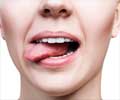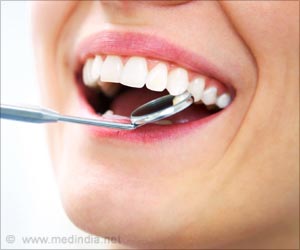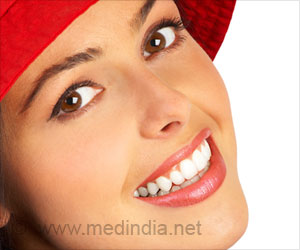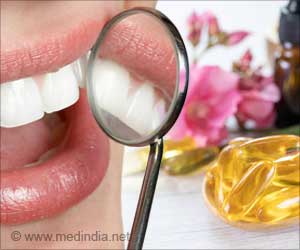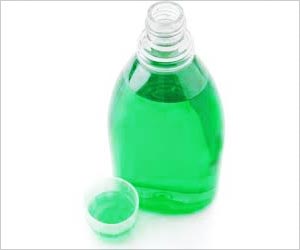Australian dental health experts are clashing over whether mouthwashes could lead to oral cancer. One section says the alcoholic content does lead to the disease, but another claims it can actually prevent the cancer.
Results of a review published in the Australian Dental Journal found there was ''sufficient evidence'' that ''alcohol-containing mouthwashes contributed to the increased risk of development of oral cancer''.Lead author of the review Michael McCullough called for mouthwashes containing alcohol to be removed from supermarket shelves and reclassified as ''prescription only.''
But the head of the University of Queensland's School of Dentistry, Laurence Walsh, said yesterday that mouthwash was more likely to help prevent cancer than bring it on.
''There is a whole range of reasons why some mouth rinses would actually reduce the chance of the cancer because they impair the production of molecules that do have cancer-causing effects like acetaldehyde,'' Professor Walsh said.
''There is literature which is now recommending that mouth rinses be used to reduce bacteria which produce acetaldehyde and there is a fairly strong consensus internationally that mouth rinses containing alcohol aren't linked to cancer.''
Dr McCullough argues that acetaldehyde, a toxic by-product of alcohol that is believed to be carcinogenic, may accumulate in the oral cavity when mouthwash is used, Angus Hohenboken wrote in The Australian.
Advertisement
Oncologist Andrew Dean, of Perth's St John of God Hospital in Subiaco, said oncologists would warn patients of the potential risk of using alcohol mouth washes and encourage further research in the area, as a result of the review.
Advertisement
He urged people to report anything unusual in their mouths, such as unexplained lesions, to their dentist or general practitioner and called for more research in the area.
The Australian Dental Association, which endorses Listerine, has also called for further research.
Source-Medindia
GPL/L





